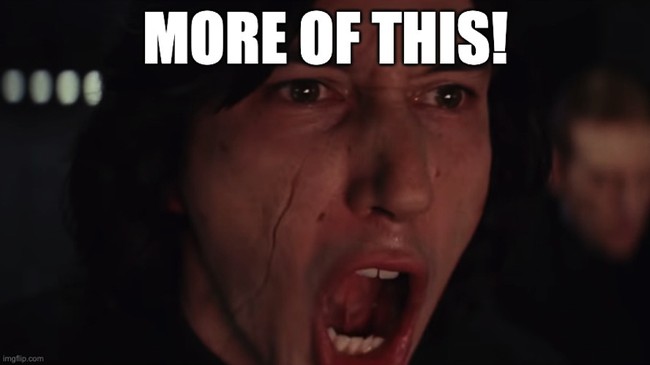A seismic shift is quietly reshaping the American political landscape, as new research indicates a monumental realignment among the youngest generation. What was once widely assumed to be a reliably left-leaning demographic is now demonstrating a profound partisan swing, particularly among its male members. This unexpected evolution challenges conventional wisdom and signals a significant transformation in future electoral dynamics.
Concrete evidence of this generational pivot emerges from recent Pew Research Center polls. Comparing data from just two years ago to today reveals stark partisan shifts across various age groups. While nearly every demographic shows some movement, the most dramatic and impactful changes are concentrated within the 18-29 age bracket, signifying a critical divergence from established political affiliations.
Specifically, the data highlights an astonishing R+44 shift among 18-29 year-old men and an R+14 shift among 18-29 year-old women, indicating a substantial move towards the Republican Party. Even among 30-49 year-old men, there’s a notable R+15 shift. These figures underscore a broader trend of political realignment, with the youngest voting bloc at its forefront, driving the youth political shift.
Observers point to various factors contributing to this Gen Z political shift. A prevailing theory suggests that years of targeted messaging, particularly towards young men, which some perceived as alienating or critical, may have inadvertently pushed them towards alternative political viewpoints. This narrative posits that such approaches failed to resonate and instead fostered a sense of detachment.
Furthermore, strategies that attempted to employ superficial or morally questionable tactics to sway young male voters have arguably backfired. Instances where political figures or campaigns resorted to simplistic fear-mongering or mischaracterizations of male interests appeared to fall flat, signaling a misjudgment of Gen Z’s discernment and political engagement.
The current generation has matured in an unprecedented digital era, fostering an innate skepticism and an advanced capacity for critical assessment of information. Having navigated a landscape rife with online discourse, social experiments like pandemic lockdowns, and contentious cultural debates, they are acutely adept at identifying perceived inauthenticity, which heavily influences their partisan trends.
This significant partisan realignment among young voters presents a catastrophic challenge for certain political factions, especially those continuing on a path of perceived radicalism. With no apparent deceleration in these political trends, the electoral consequences in upcoming elections could be even more pronounced, fundamentally altering the competitive landscape for years to come.
The implications for the future of American politics are immense. This Pew Research offers a crucial glimpse into a powerful, burgeoning force within the electorate—a generation that, despite its youth, is poised to wield considerable influence. The youth vote has never been more unpredictable, and understanding its evolving loyalties will be paramount for all political stakeholders.






Leave a Reply